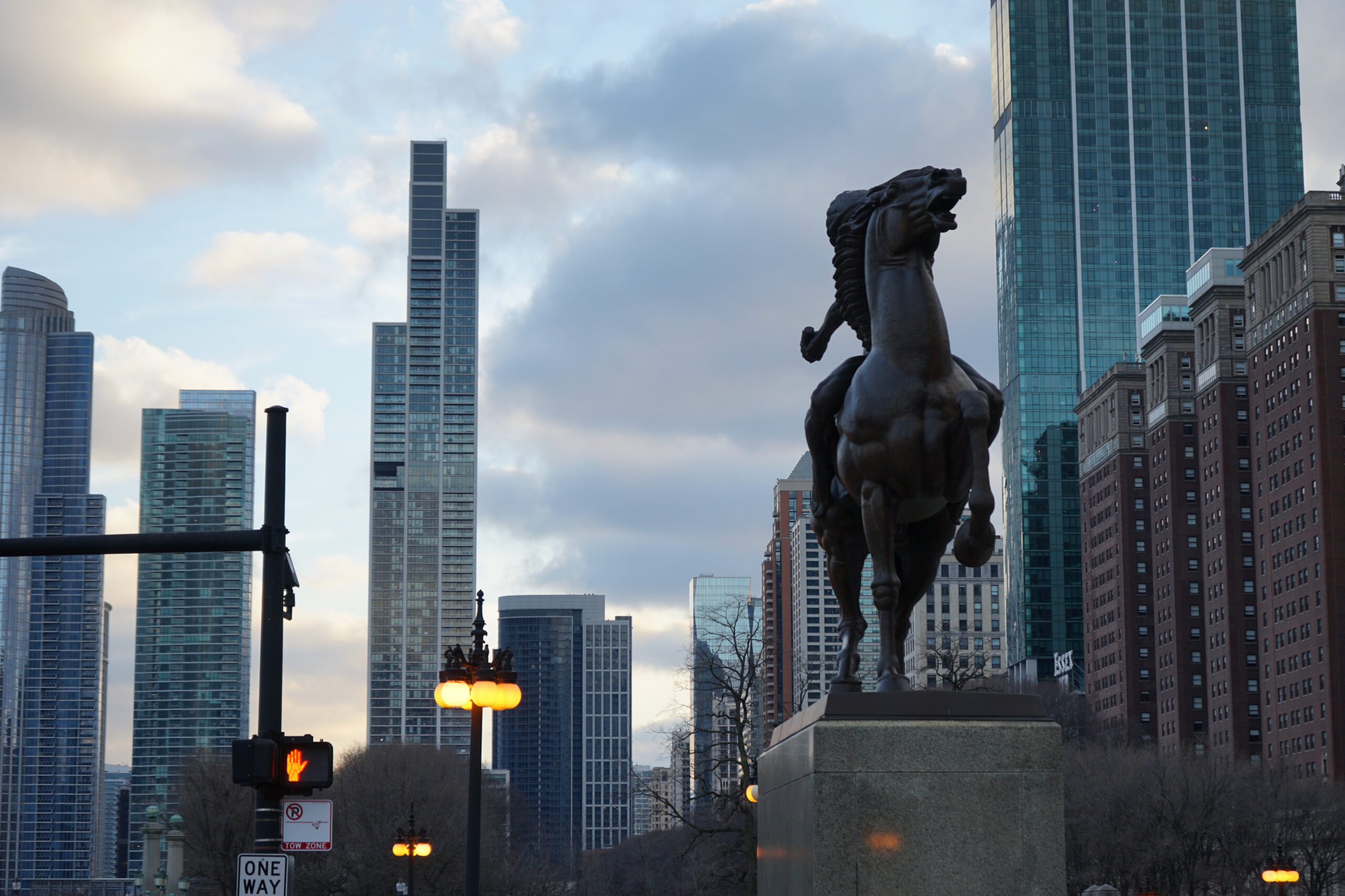For those who read the headline and your first instinct is to comment that I’m wrong, hear me out first. People who have trained for years tend to hyper-focus on getting the right technique, or executing the correct sequence of moves in their form, or dive into the applications of self-defense scenarios. While none of these things are a bad thing to focus on, assuming that that is all martial arts have to offer is incredibly narrow sighted. After all, what is the point of learning all these wonderful techniques if there is no one to pass them on to? That is where socialization comes in; a way to communicate our art to the community around us and to the next generation.
I’m a big fan of martial arts movies, and whether it’s Bruce Lee’s Enter the Dragon, Zhang Yimou’s Hero, or Quentin Tarantino’s Kill Bill (and many more!), the story mostly focuses on a singular heroic figure defeating increasingly difficult odds by their own mastery of the martial arts and sheer tenacity. In many ways they showcase the ideal martial artist: confident in their abilities and supremely talented, even if their methods are slightly questionable. The actual “traditional” martial artists in these movies are often seen as nothing more than cannon fodder, background characters who are meant to be overcome and discarded rather than playing an essential role in the story.
Most of us would be counted among these “background characters”, perhaps not in skill but certainly in the way they operate as a group. I’ve always wondered what life choices these characters made before they ended up in these organizations; were they just looking for some quick money, a way to get famous, or were they pursuing a path to hone their martial art skills? I like to think that they were introduced or persuaded to join by friends, or perhaps they joined because they were lonely? Why do you think these people would willingly join any of these groups?
Why do I ask these questions? The point I basically want to make is that we as humans are social creatures, and martial arts is basically another extension of our need to create social communities. Yes, we all have our own martial arts journeys, but those journeys don’t necessarily have to be lonely ones. We have many drills and training exercises that also emphasize the community aspect of martial arts: doing forms as a group, partner sparring (or one step sparring), and even sparring competitions all play a role in creating and nurturing our social ties to one another. We all have our reasons and choices that we’ve made to join the martial arts communities that we are a part of, but whatever those reasons it would be anathema to ignore or actively minimize socializing with our fellow members.
This socialization extends outside the dojang too, and oftentimes that’s when the most powerful bonds are formed. There are many times where just hanging out after a tournament or training clinic at someone’s house or the hotel lobby can lead to new insight into martial arts techniques that aren’t possible in the dojang, all because someone you had never met until that day provided a different perspective. Don’t miss opportunities to socialize in more informal settings with your peers and even instructors/masters; you’ll never know what you may learn thanks to a little socializing.




